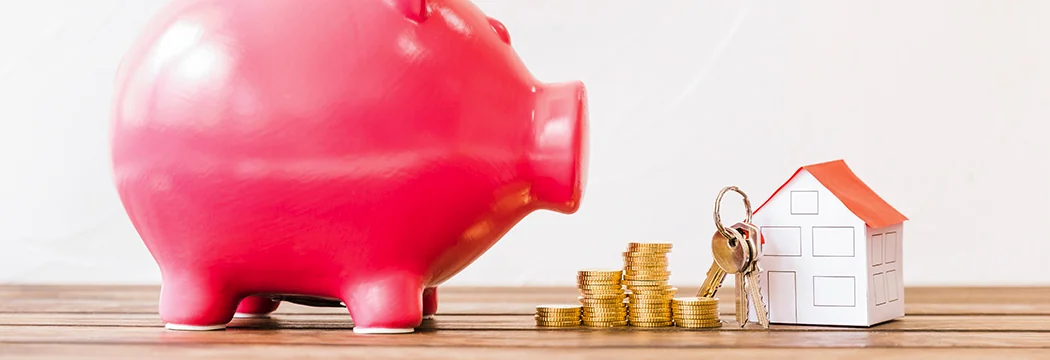
What is a House Deposit?
The term “house deposit” can mean a few different things, depending on whether you’re buying or renting.
If You’re Selling a Home
When selling a property, the house deposit is the amount the buyer pays to secure the sale once contracts are exchanged. It’s usually around 10% of the agreed sale price, though this can be negotiated. The deposit is held in a trust account (usually by the real estate agent or your conveyancer) until settlement.
This deposit shows that the buyer is serious and financially committed. If the buyer pulls out of the contract without a valid reason, you may be entitled to keep the deposit. Your conveyancer will guide you through the process and ensure your rights are protected.

If You’re Renting
A deposit for renters is usually called a bond in Australia. It’s a security payment made to the landlord or property manager before you move in. It helps cover the landlords for any potential damage or unpaid rent accrued when you vacate the property.
To protect renters though, landlords can’t treat people unfairly when asking for a bond – for example, they can’t charge you extra just because you have kids. But they might ask for a larger bond if you have a pet or a poor rental history. Tenants are protected from unfair eviction, excessive rent increases and discrimination. Bonds should be held securely by the NSW Rental Bond Board, not the landlord, which adds another layer of protection. If any issues or disputes arise, anyone renting can seek help through NSW Fair Trading or the NSW Civil and Administrative Tribunal (NCAT).

